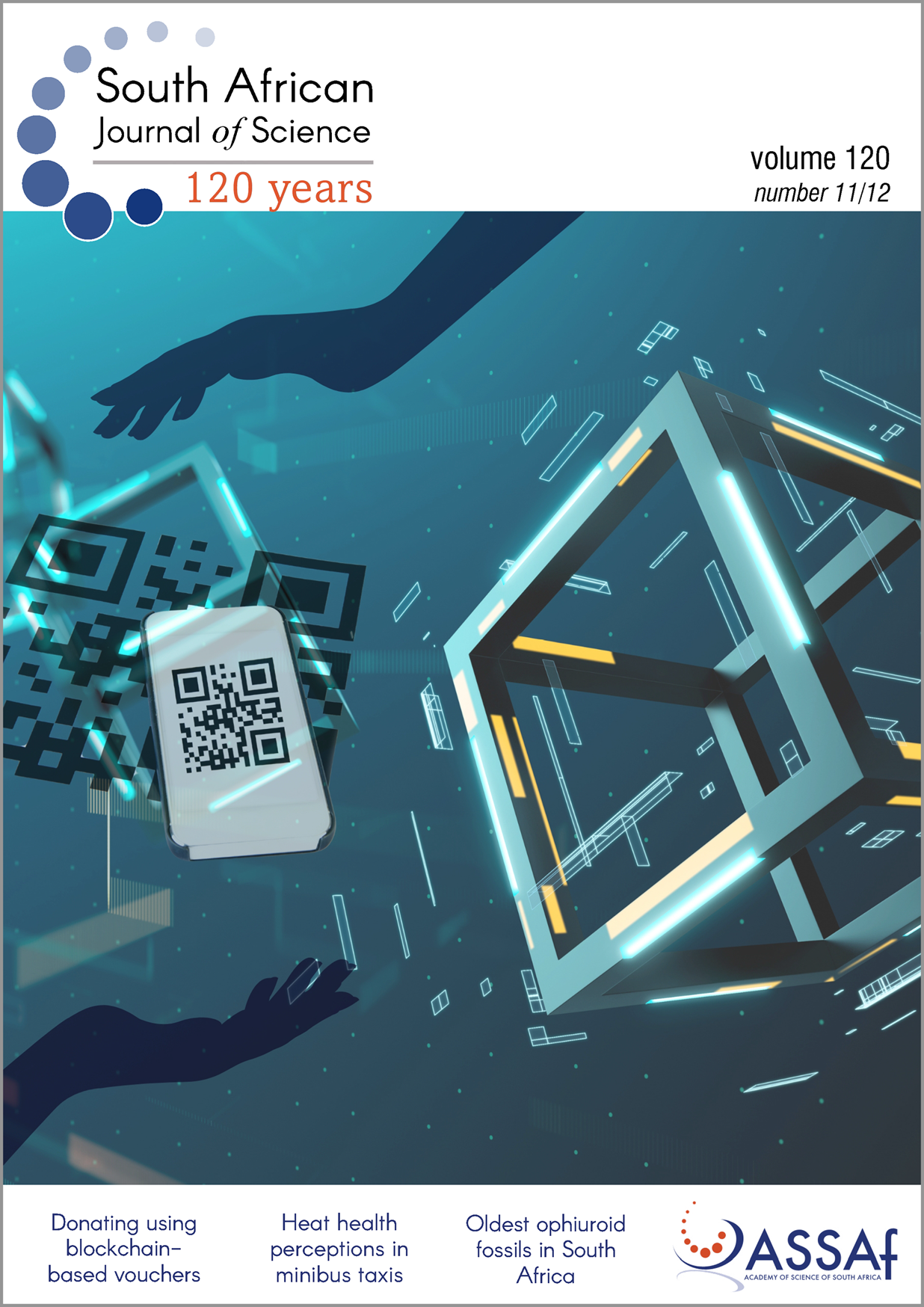A thematic analysis of South African opinions about COVID-19 vaccination on Twitter
DOI:
https://doi.org/10.17159/sajs.2024/17423Keywords:
COVID-19, vaccination, Twitter, pro-vaccination, anti-vaccinationAbstract
Vaccine hesitancy is a public health concern in South Africa and internationally. Literature on vaccine hesitancy associates this with mistrust of the government. We present a qualitative analysis of opinions about COVID-19 vaccination expressed by South African Twitter (now X) users during the first year of the vaccine rollout in South Africa. We conducted a thematic analysis of 800 randomly selected tweets containing vaccine-related keywords, sampled from four time periods in 2021. We categorised comprehensible South African non-news tweets as pro-vaccination (24.75% of sample), anti-vaccination (20.25%) or ambivalent (4.5%), and then identified themes. Among pro-vaccination tweets, the most common themes were criticism of the government’s handling of vaccine procurement and the rollout; concerns that the vaccine was urgently needed and/or not being made available fast enough; and statements that vaccines were safe and/or effective against COVID-19. Among anti-vaccination tweets, the most common themes were claims that the vaccine was harmful or too risky; suspicion of the government’s intentions with respect to the vaccine it was offering the public; and opposition to mandatory or ‘forced’ vaccination. Criticism and mistrust of the government were present among both pro- and anti-vaccination tweets, though for different reasons. We discuss this in light of literature recommending trust-building as a response to vaccine hesitancy.
Significance:
Numerous studies recognise mistrust in the government as a correlate of anti-vaccination opinions, but our findings suggest that holders of both pro- and anti-vaccination opinions in South Africa mistrust the government – albeit for different reasons. Several South African authors propose ‘trust-building’ as a solution to vaccine hesitancy and refusal, but we suggest that in a context of government corruption, it is not more trust that the South African public needs, but more critical literacy in order to discern when the government is and is not acting in the public (health) interest.
Downloads
Published
Issue
Section
License

All articles are published under a Creative Commons Attribution 4.0 International Licence
Copyright is retained by the authors. Readers are welcome to reproduce, share and adapt the content without permission provided the source is attributed.
Disclaimer: The publisher and editors accept no responsibility for statements made by the authors
How to Cite
- Abstract 777
- PDF 729
- EPUB 312
- XML 48
- Supplementary material 445
Funding data
-
National Research Foundation
Grant numbers 137755 -
Schweizerischer Nationalfonds zur Förderung der Wissenschaftlichen Forschung
Grant numbers 10001AL_205032












.png)